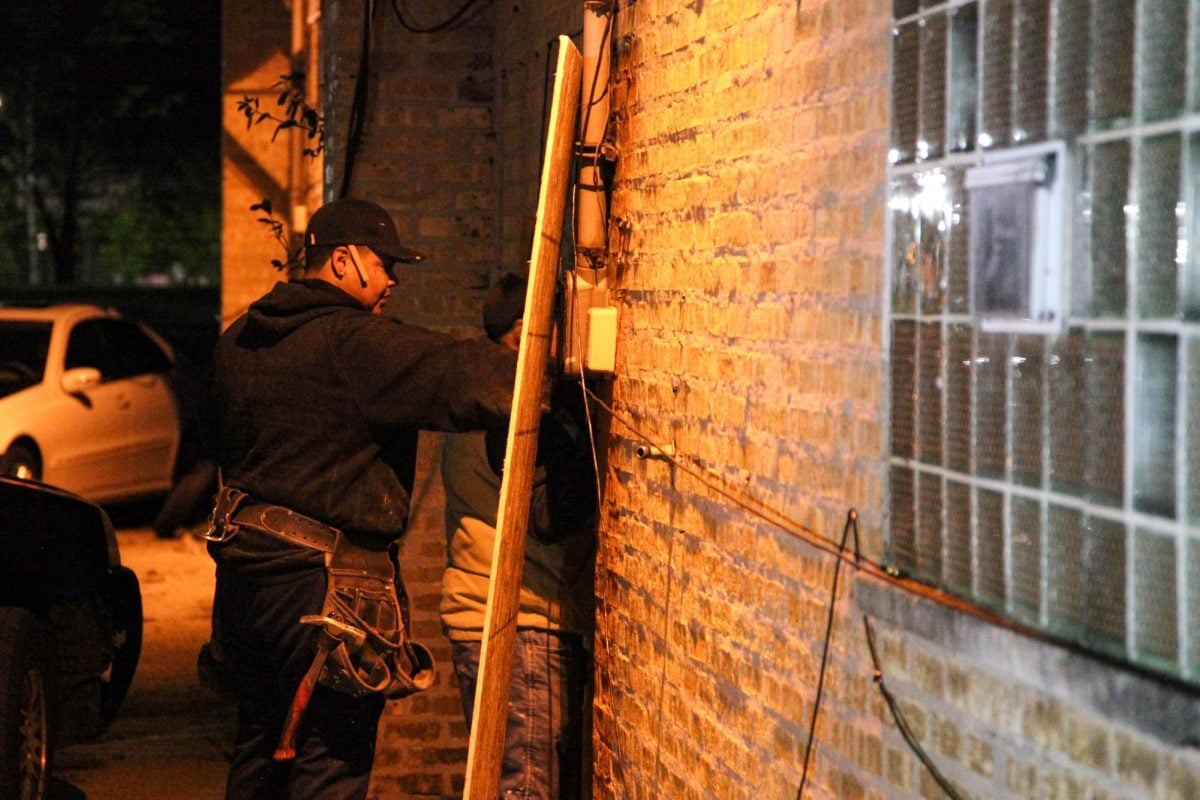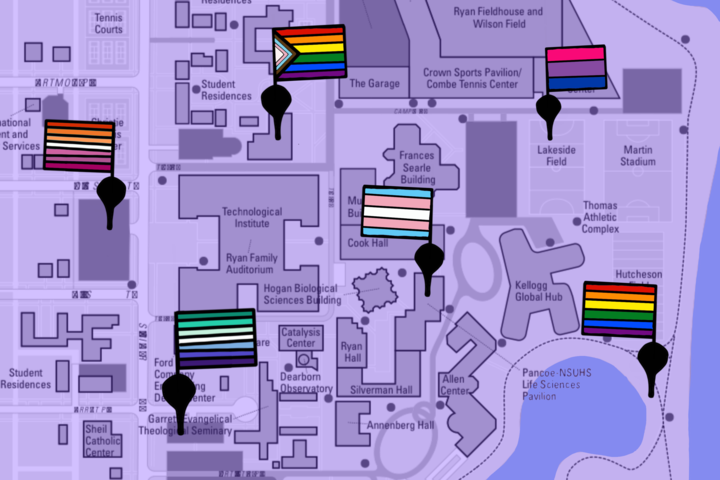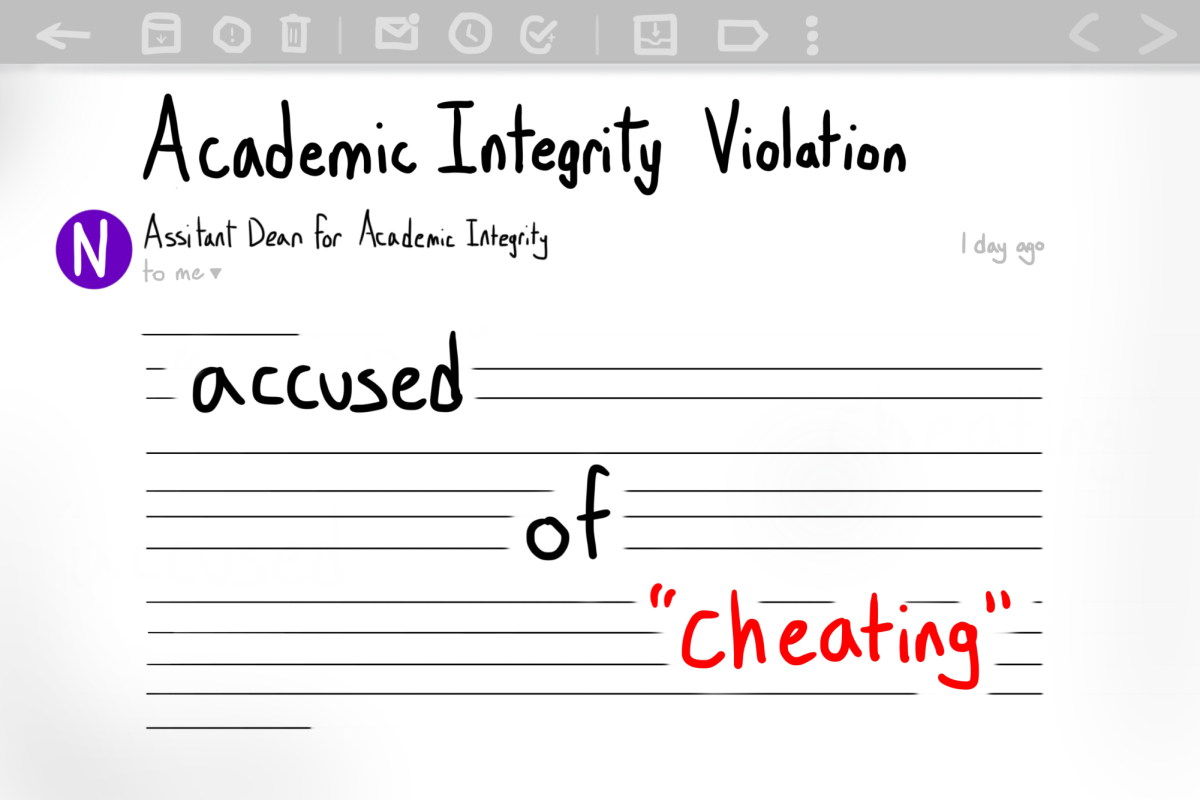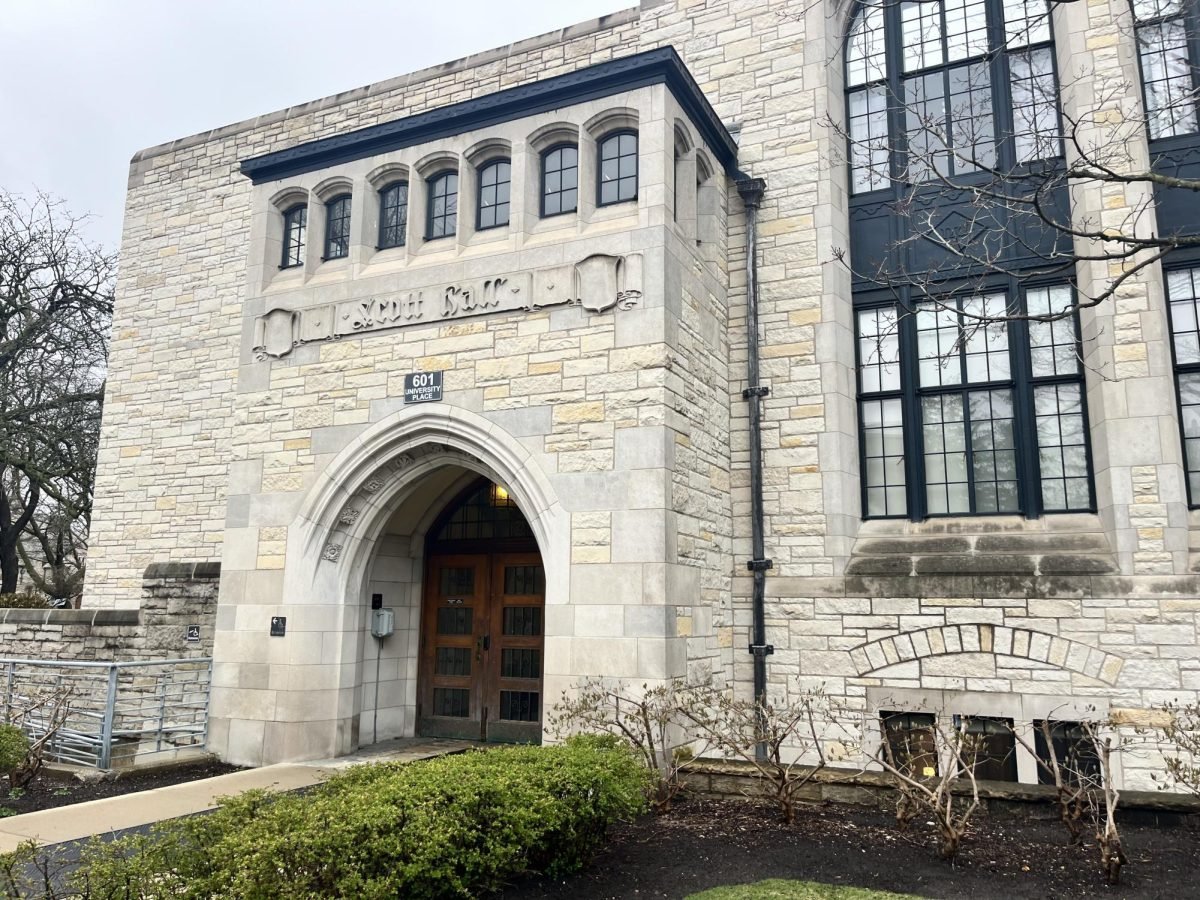Tekriwal: There Are No Democracies
November 24, 2019
The “Taiwan Independence” banner featured in Northwestern’s official Instagram post for March of the Flags — comprising national and regional flags — already seems to be fading from “recent” happenings. However, I find it difficult to dismiss what it revealed about our collective consciousness and societal myths.
Before proceeding, I want to clarify my stance on the issue. I believe that no banner should have been in the middle of flags simply because one banner may lead to several banners, and thus the purpose of the event is undermined. The Republic of China flag was a form of self-expression in itself, its presence making a better political statement than a banner ever could. Thus, the banner’s inclusion was, in my eyes, irresponsible.
But, the Instagram account’s ensuing explanations regarding its defense of freedom of speech — though clumsy — aren’t wrong. I do not think that it meant that Northwestern itself is commenting on the Taiwan-People’s Republic of China altercation. I believe it was only saying that there are students who believe in Taiwanese independence and that taking down the picture would effectively silence them. Especially because one community’s bid for self-determination need not translate into an infringement upon another’s, or be misconstrued as offensive simply because it is a view not in alignment with one’s own.
More pointedly, several unnerving tropes played out in the comments section. One was the incorrect grouping of racist commentary and statements that interfere with the “unity” and “territorial integrity” of China. It implied that freedom of speech should exclude political statements because discriminatory remarks are not protected by that freedom — which is an incorrect correlation of Fundamental Rights and indecent behaviour. Racism is an evil that is in no way subjective the way territorial integrity is. Racist, sexist or sectarian comments aren’t part of the political spectrum, only the human and righteous one.
Another recurring tendency was the backlash following Chinese students’ claims of offense: some cruelly deemed it “ironic that Chinese students are trying to lecture Americans on what is freedom of speech.” This often twisted into a conversation about the superiority of the United States’ government— and by extension the people— over the PRC’s. This alarms me, because equating people with their government is erroneous.
One particularly distressing conversation took a turn for the worse. A user wrote, “I spit on mainland China, you people should’ve just stayed under Japanese occupation,” following up with, “I can’t wait for the US to go to war with your ‘country’ I just wanna see the Yangtze nuked and hundreds of millions of Chinese starve cause of lack of drinking water.” I do not know how this gentleman defines freedom of expression because in all human corners of this world, this is a vicious attack categorised as hate speech.
The user went on to further designate the makers of Samsung (a reference to Koreans presumably) “a better kind of Asian people,” which makes me itch to reply that this compartmentalization is racist and xenophobic. There are no “good” and “bad” Asians only “good” and “bad” humans, and the user was quickly reserving his place in the latter.
He concluded his argument with this problematic finale: “In short: Americans— freedom loving people of the future. The Chinese: slaves to an oppressive government, singing songs and chanting slogans in support of their ‘glorious party’. I’d rather die than be like a Chinese man.”
Another thread starts with a defender of Chinese indignation at the post writing “[The American government] is [killing] thousands of innocents around the world in the name of democracy.” To this, another user replies “at least [Americans] don’t ban cartoon bc some middle schoolers were making fun of [their] leader.” This warped idea of democracy is dangerous. It implies that States are absolved of the faults committed outside the borders as long as inside the borders the citizens can sit comfortably in their homes watching their cartoons.
What worries me in this trend is the pattern of a superiority complex I detect in the flag-bearers of American democracy. I wonder how appropriate it is to delineate a country built by enslaved and disenfranchised hands, on soil stolen from natives — a country with its own rich history of internment camps and rampant Islamophobia— better than one that blocks Google and doesn’t allow multi-party rule.
I am in no way implying the second description is better than the former or vice versa: we cannot make comparisons of motherlands because all nations in the world have their faults. There is not even one stainless, faultless beacon of democracy — no lighthouse in the dark. Not the United States, not the United Kingdom, not my home India, not France, not any other country.
I am only saying that the United States may not have a censoring of information like China does, but a large swathe of Americans rarely benefit from this availability of the truth. Many continuously ignore a bloody present, and a bloodier past, choosing rather to believe in the lie, and myths, of democracy. Here is the truth for those who haven’t heard it yet and desperately need to: there are no democracies.
And we would all do well to remember that before pointing fingers at others and accusing them of the very things we are guilty of—that we will continue to be guilty of— we must confront our own realities and try to better them: Chinese, American, Indian or other.
Tanisha Tekriwal is a Weinberg first-year. She can be contacted at [email protected]. If you would like to respond publicly to this op-ed, send a Letter to the Editor to [email protected]. The views expressed in this piece do not necessarily reflect the views of all staff members of The Daily Northwestern.











